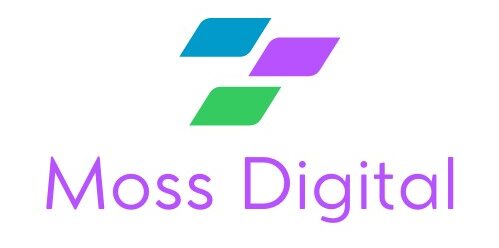In today’s digital age, where social media and instant messaging dominate communication channels, one might think that email marketing has become obsolete. However, email marketing continues to be an incredibly powerful tool for businesses to build relationships with their audience and drive conversions. With its ability to deliver personalized and targeted messages directly to a subscriber’s inbox, email marketing remains a cornerstone of successful marketing strategies. In this article, we will explore the importance of email marketing, its role in building relationships, and how it can effectively drive conversions.
The Power of Email Marketing
Email marketing provides businesses with a direct line of communication to their audience, allowing them to engage and nurture relationships over time. Unlike other marketing channels, such as social media, where algorithms can limit reach, emails have a higher chance of reaching the intended recipient. According to recent studies, the average open rate for emails is around 20%, significantly higher than the organic reach of social media posts.
Moreover, email marketing allows for highly targeted messaging. By segmenting subscribers based on their preferences, demographics, or purchase history, businesses can send tailored content that resonates with each recipient. This personalization fosters a sense of connection and trust between the brand and the subscriber, laying the foundation for long-term relationships.
Building Relationships through Email Marketing
Effective email marketing goes beyond merely selling products or services. It is about cultivating meaningful relationships with subscribers, nurturing them through every stage of the customer journey. Here are some key strategies for building relationships through email marketing:
Welcome Emails
The first impression matters. By sending a warm and personalized welcome email to new subscribers, businesses can set the tone for the relationship right from the start. This email should express gratitude, introduce the brand’s values, and provide relevant resources or incentives to encourage further engagement.
Engaging Content
Regularly sending valuable and engaging content is essential for fostering relationships with subscribers. This can include informative articles, helpful tips, industry insights, or exclusive offers. By consistently providing value, businesses can establish themselves as trusted authorities in their field and keep their audience engaged.
Personalization
Personalization plays a crucial role in building relationships. Beyond using the subscriber’s name, businesses can leverage data to deliver highly targeted content. For instance, sending personalized recommendations based on the subscriber’s past purchases or behavior can create a sense of individual attention and enhance the overall customer experience.
Feedback and Surveys
Encouraging subscribers to provide feedback and participate in surveys shows that their opinions are valued. This two-way communication not only strengthens the relationship but also provides businesses with valuable insights for improving their products or services.
Driving Conversions with Email Marketing
While building relationships is important, email marketing is also a powerful tool for driving conversions. When done strategically, email campaigns can effectively guide subscribers through the sales funnel. Here are some strategies to maximize conversions:
Segmentation and Targeting
Segmenting your email list based on subscriber preferences, behaviors, or purchase history allows for targeted campaigns that resonate with specific segments. By sending personalized offers or recommendations to subscribers who have shown interest in similar products or services, businesses can increase the likelihood of conversion.
Automated Workflows
Utilizing automated email workflows, such as abandoned cart reminders or post-purchase follow-ups, can significantly impact conversion rates. These automated sequences trigger timely and relevant emails, reminding subscribers to complete their purchase or providing additional support after the sale.
A/B Testing
A/B testing different email elements, such as subject lines, call-to-action buttons, or layouts, helps optimize campaigns for better conversions. By experimenting with variations and analyzing the results, businesses can make data-driven decisions to improve their email performance.
Clear and Compelling Call-to-Actions
To drive conversions, emails should include clear and compelling call-to-action (CTA) buttons or links. The CTA should be concise, visually appealing, and create a sense of urgency or exclusivity. A well-crafted CTA encourages subscribers to take the desired action, whether it’s making a purchase, signing up for an event, or downloading a resource.
Email marketing remains a powerful tool for building relationships and driving conversions in the digital landscape. By leveraging the personalization, direct communication, and targeted messaging that email provides, businesses can establish strong connections with their audience and guide them through the customer journey. By implementing strategies such as welcome emails, engaging content, personalization, and targeted campaigns, businesses can foster meaningful relationships that lead to increased conversions and long-term success. Embracing email marketing as a core component of marketing strategies will undoubtedly contribute to achieving business goals and driving sustainable growth.



